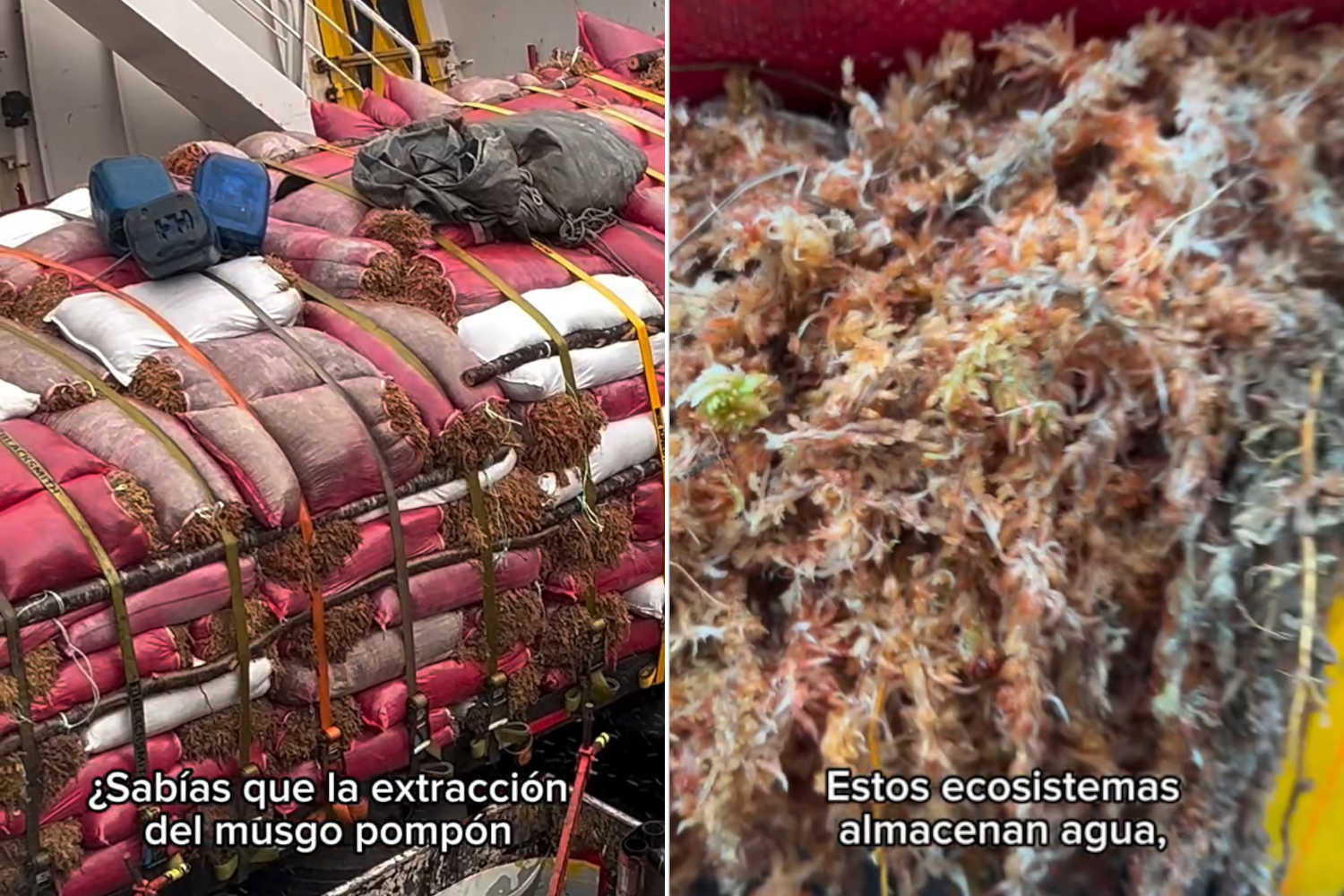The indiscriminate extraction of pompón moss (Sphagnum magellanicum) in the Patagonia regions is causing serious damage to peat ecosystems, environments that are fundamental for water regulation, biodiversity and the fight against climate change

@autohuerto/Instagram
Behind the innocent appearance of pompón moss, commonly used as a gardening substrate, lies one of the main threats to Patagonia’s fragile ecosystems. This moss, also known as Sphagnum magellanicum, grows in the peat bogs of southern Chilean regions such as Magallanes, Aysén, and Los Lagos.
These are extremely delicate environments that take centuries to form, playing a crucial role in water regulation and biodiversity preservation. Peat bogs are not just wetlands; they act as natural sponges, capable of storing rainwater and releasing it slowly. This process helps recharge groundwater and prevent droughts.
Moreover, they filter water by trapping heavy metals and harmful substances, and they accumulate atmospheric carbon, thus contributing to the fight against climate change. However, the indiscriminate harvesting of pompón moss is severely compromising these vital functions.
The business destroying Patagonia
Over the last 20 years, the commercial demand for pompón moss has skyrocketed, driven by the gardening and agricultural markets. Often harvested in an unregulated way, the moss is collected live, ignoring the necessary soil regeneration times. The result? Devastated peat bogs, stripped of vegetation and unable to recover. This intensive exploitation has already left barren and unusable landscapes in areas like the Chiloé Archipelago.
It is time to rethink our habits. For garden enthusiasts, there are ecological alternatives to pompón moss, such as coconut fiber or plant-based chips. These materials do not harm the environment while still providing good water retention for plants.
Every choice matters. Saying no to pompón moss means saying yes to the protection of southern territories, the conservation of native species, and the safeguarding of vital water resources. Raising awareness on these issues is the first step toward a more responsible future. Patagonia’s natural systems need time to heal, but with our commitment, they can still be saved.
